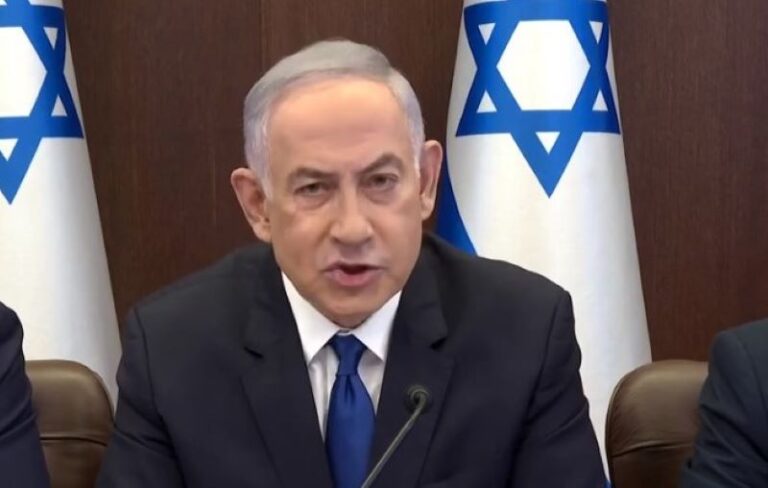 by Rabbi Yair Hoffman for the Five Towns Jewish Times
by Rabbi Yair Hoffman for the Five Towns Jewish Times
Dedicated in honor of the yartzeit of the author’s mother, Sarah bas HaRav Eliyahu, this week
There are 21 Parshios in this Sidrah.
1. Moshe pleads to enter Eretz Yisroel
What was the reason that Moshe Rabbeinu was not allowed to enter into Eretz Yisroel even after this plea? Rashi explains that it was on account of Moshe Rabbeinu’s words, “Hear ye, you rebellious ones.” The lesson from this Rashi is that no matter how frustrated we may be with others, we dare not even utter one unmeasured word. All leaders or people in a position of authority have the challenge of dealing with almost impossible people. One wrong word can have devastating consequences – both for them and for us. There is also a difference between labeling an action and labeling a person. “You are a liar” is far worse than saying, “You lied.” Both of these lessons can be derived from this Rashi and are very important lessons.
2. Foundations of Emunah
This entire section of Moshe’s speech which fortifies the foundation of our beliefs begins with the words, “And now.” Why? The Chezkuni explains that even though you have angered Hashem so many times, if from now on you take it upon yourself to observe the laws and accept their accompanying reproof – all will be forgiven. We see from here that the Mitzvos themselves, when observed and understood properly, have a “pardoning” effect. It is thus very worthwhile to delve into the reasons for the Mitzvos and to focus on the effects that the Mitzvos have upon us.
3. Allegiance to Hashem
In discussing allegiance to Hashem the Psukim mention that Hashem is Merciful. The Or HaChaim explains that even though our return to Hashem is only instigated because of stress and pain, since Hashem is Merciful, he will still accept our Teshuvah – penance.
4. Arei Miklat – Refuge Cities
The Midrash Tanchuma explains that the word “Then – Az” means that Moshe recited the Shira, because one who tastes of a dish knows its taste. Since Moshe Rabbeinu was a fugitive from Pharoah, he was able to empathize with future fugitives and recited Hallel when these cities were declared. We see from here that even a Moshe Rabbeinu would not have been able to empathize properly with others unless he himself had undergone the experience. This is an important realization in the limitations of all people.
5. Reviewing the Aseres HaDibros
The Malbim explains that Moshe Rabbeinu is delineating three crucial steps in true instruction: The first is the actual listening, the second is delving in it, and the third is physically implementing it in practice. We learn from this section that we must be aware of the nature of how we learn. This is aside from realizing that all three are necessary components of learning that we should all adopt.
6. The First Two Commandments – I am Hashem. Do not have other gods before Me
7. Third – Don’t Take Hashem’s Name in vain.
8. Fourth – Keep Shabbos
9. Fifth – Honor Your Parents
10. Sixth – Do not Murder
11. Seventh – Do not commit Adultery
12. Eighth – Do not Steal
13. Ninth – Do not testify falsely
14. Tenth – Lo Sachmod – Don’t covet (wife)
15. Nor other things (part of the Tenth Commandment)
16. The History of the Aseres HaDibros
Rashi explains that there were two situations in which Klal Yisroel approached Moshe Rabbeinu. Once, out of Yiras Shamayim, they requested that Moshe Rabbeinu act as intermediary to relate the rest of the Dibros to them. Another time, out of lack of faith in Hashem, they requested to send spies. Rashi points out that when their intent was pure they were very civil in their approach. When their intent was tainted they approached him pushing and shoving the elderly among them. The lesson from this Rashi is that purity of intent creates differences in the actual implementation of things.
17. The Shma
Rashi explains that the words, “v’Dibarta Bam – And you shall speak in them” means that our main conversations should revolve around Torah and not other things. When we look around us we will notice that often our conversations revolve around clothing, politics, and materialism. We should rather revolve the majority of our conversations and our time in discussing Torah and it values.
18. Dangers of Wealth
The Seforno points out that it is not all wealth that is dangerous. The dangers here refer to wealth acquired without great effort. It causes people to involve themselves in excessive Taavah – pleasurable pursuits. The lesson is that those who acquire wealth without strong effort should pay extra attention to ensure that they and their children not become addicted to excessive Taavah.
19. Not Testing Hashem and Keeping the Mitzvos
Rashi explains that doing the straight and the good means to go beyond the letter of the law. We see from here that the Torah wants us to have our own moral compass beyond what the Torah requires of us. To promote Shalom for example, Hashem wants us to forgo something that Halachically we may be entitled to. The parameters of the how when and where are to be determined by us, because otherwise it would be the law not beyond the letter of the law.
20. Remembering Yetzias Mitzrayim
The Chochom son is asking about the Mitzvos and the Torah tells us to answer that we were slaves in Mitzrayim. What is the meaning of this answer? The Seforno explains that we needed to be redeemed from our state of slavery and brought to Eretz Yisroel in order to better achieve a state of Shleimus – perfection. The lesson we learn is to always change or improve our circumstances whenever anything takes away from our ability to strive for Shleimus.
21. Not to Assimilate.
Why did Hashem choose the Jewish nation in the first place? The Vilna Gaon explains from these words that merit of the forefathers is not enough. We need to earn His love as well on account of our own actions.
The author can be reached at [email protected]






One Response
Well said.